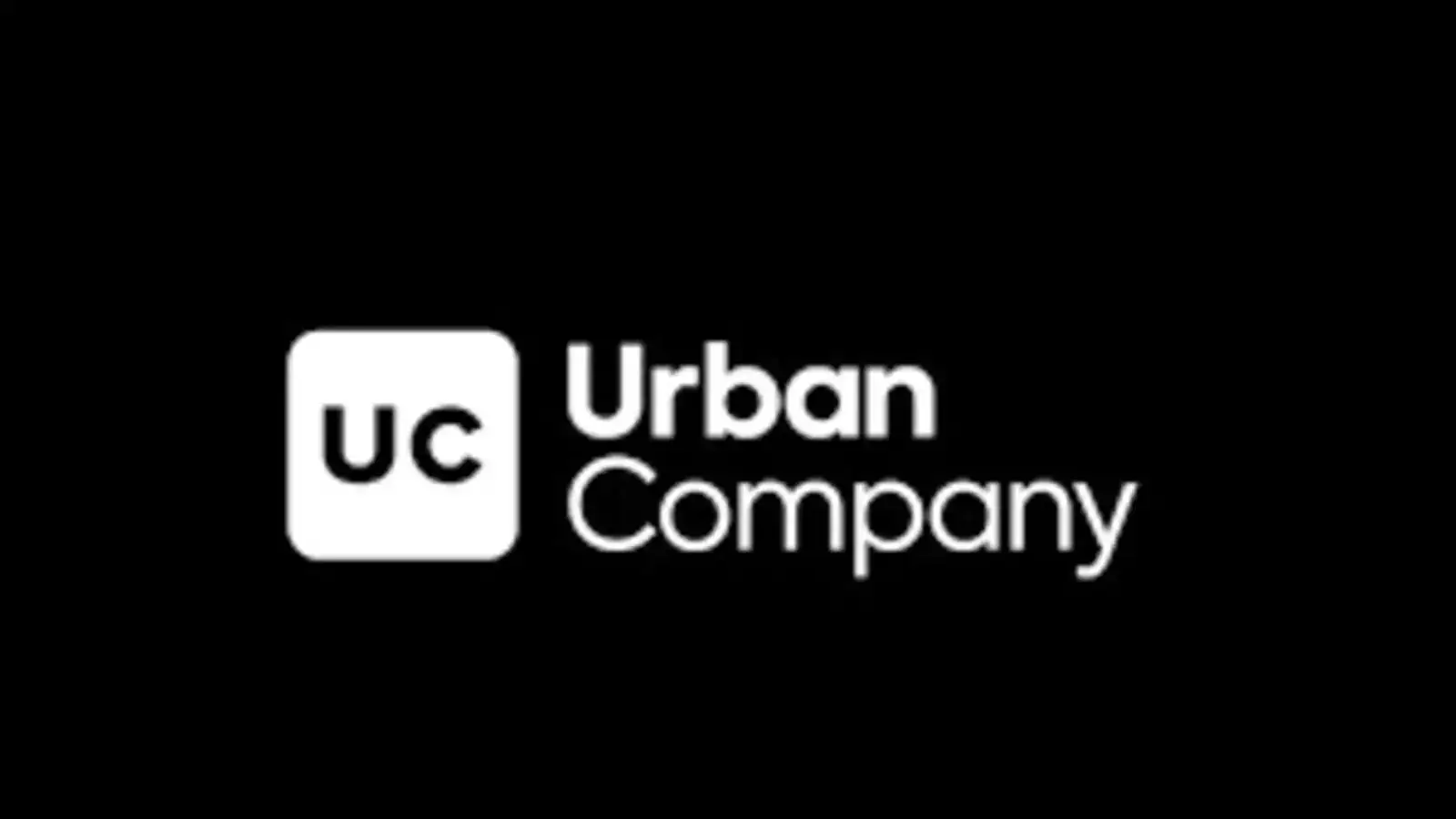Urban Rs 2,700 Crore in Just 4 Hours Reflects Strong Market Sentiment
Urban Rs 2,700 crore in just 4 hours became the talking point of India’s capital markets as Urban Company’s initial public offering (IPO) witnessed overwhelming demand. The Bengaluru-based home services platform opened its books and within a few hours of Day 1, investors rushed in with bids that surpassed expectations. The IPO was subscribed 3.1 times, led by strong retail participation and significant interest from non-institutional investors.

According to stock exchange data, the IPO received bids for 33.3 crore shares against 10.6 crore shares available. Retail investors showed the sharpest demand, subscribing seven times their reserved portion, while institutional buyers adopted a cautious but steady approach. The pace at which the issue attracted Rs 2,700 crore worth of interest in such a short span highlighted the confidence in Urban Company’s growth story.
Urban Rs 2,700 Crore in Just 4 Hours Shows Investor Trust in the Business Model
Urban Company has evolved into a household name by connecting consumers with trained professionals for services ranging from cleaning and plumbing to grooming and appliance repair. This trusted model has allowed the company to scale rapidly while creating employment opportunities for independent professionals.

The IPO size was pegged at ₹1,900 crore, including a ₹1,428 crore offer for sale by existing investors like Accel India and Bessemer India Capital Holdings, and ₹472 crore as fresh issue. The fresh proceeds are expected to strengthen technology infrastructure, support marketing, and fund expansion into new categories and geographies.
Investors appear to be rewarding the company for its proven track record. Urban Company’s revenue from operations in FY25 stood at ₹1,144 crore, growing at a compounded annual growth rate (CAGR) of 34% since FY23. More importantly, the platform turned profitable with a net income of ₹240 crore in FY25 compared to a net loss of ₹312 crore in FY23. Even after adjusting for a one-time deferred tax credit, profits of ₹28 crore marked a turnaround that boosted investor confidence.
Urban Rs 2,700 Crore in Just 4 Hours Highlights Growth Potential
The strong IPO response is also linked to the company’s focus on repeat business and customer stickiness. In FY23, 76% of users returned to the platform, which rose to 82% in FY25. This high retention has been the result of breaking services into micro-categories like targeted cleaning or quick appliance checks, making offerings more accessible and affordable.

Urban Company has also diversified into new verticals. Its “InstaHelp” service fills in for domestic help by providing professionals for quick chores like cleaning or laundry within minutes. The “Native” brand, launched to sell water purifiers and smart door locks, is another step toward tapping into home solutions. International expansion in markets like the UAE, Singapore, and Saudi Arabia has added further growth opportunities, with subscription-based models catering to local needs.
While operating margins remain thin at around 1%, much of it is attributed to early investments in new ventures and overseas operations. Core Indian services continue to generate steady cash flows, cushioning these expenses. With minimal direct competition at a national level, Urban Company has managed to maintain its leadership in the sector, further encouraging investor interest.
Risks That Could Shape the Future After Urban Rs 2,700 Crore in Just 4 Hours
Despite the euphoria, the company faces challenges. Service professionals have raised concerns about earnings, rating systems, and lack of employee benefits. As the government pushes for stronger gig-worker protections, Urban Company could face rising costs. Additionally, customer bypass, where users directly contact service providers after connecting through the app-remains a structural risk to revenue. Also Read: Revolutionary Safran DRDO Jet Engine Partnership To Boost India’s Defense Manufacturing
Competition is another factor to watch. While small regional players exist, no one matches Urban Company’s scale yet. However, Swiggy’s experimental platform “Pyng” hints at potential rivalry from deep-pocketed players who could disrupt the market quickly.
Conclusion
Urban Rs 2,700 crore in just 4 hours reflects how quickly investor sentiment can turn a consumer services company into a market favorite. The IPO’s strong response underlines faith in Urban Company’s business model, revenue growth, and profitability turnaround. As the firm expands into new services and international markets, sustaining profitability while addressing regulatory and competitive risks will decide whether this IPO enthusiasm translates into long-term success.

